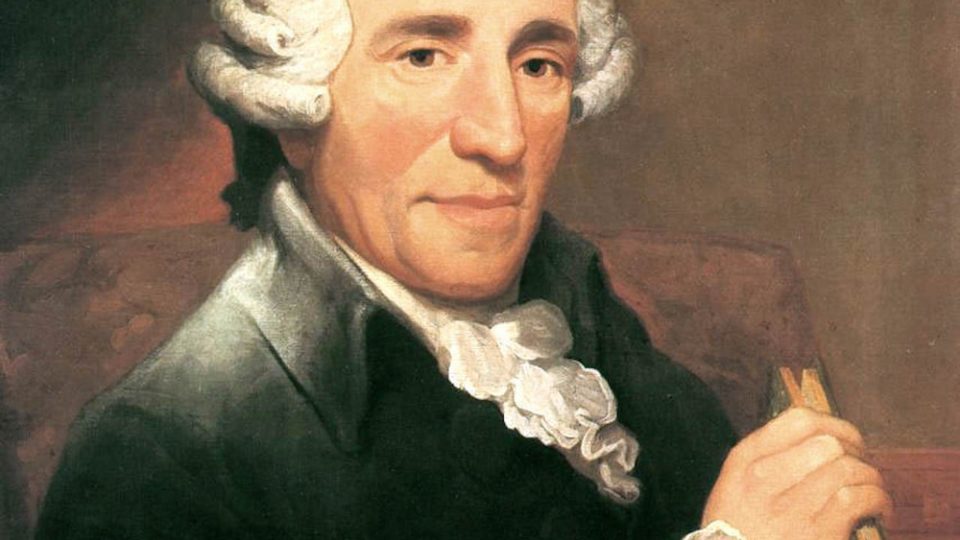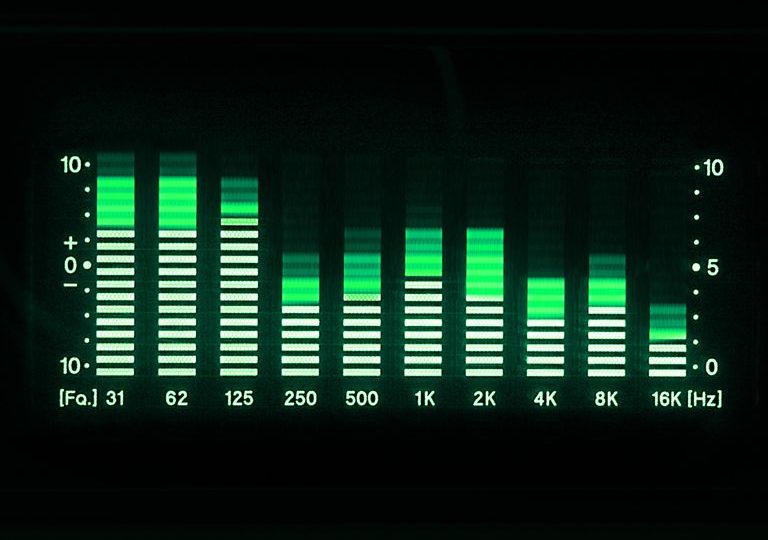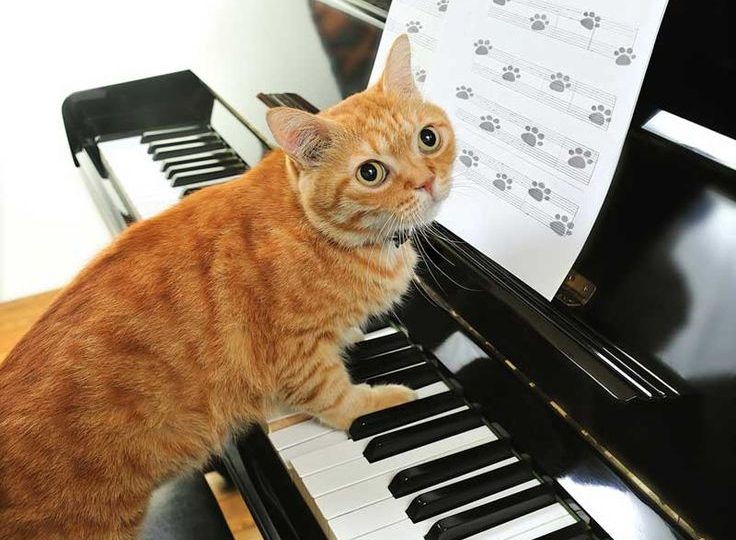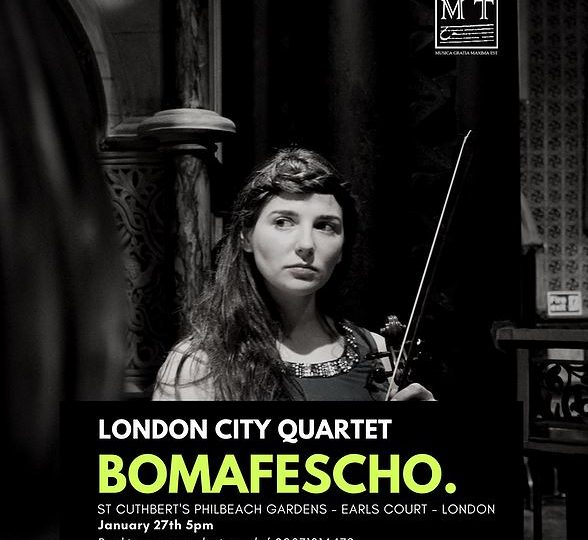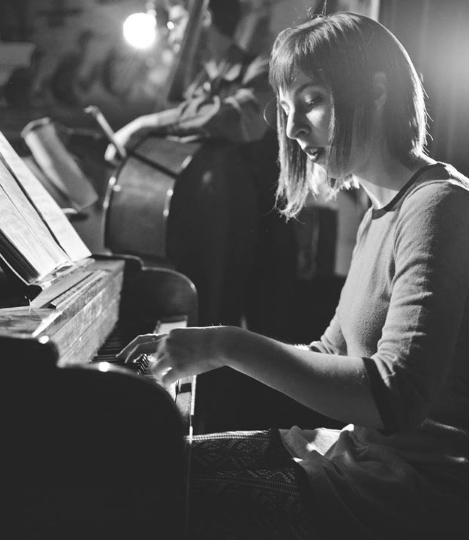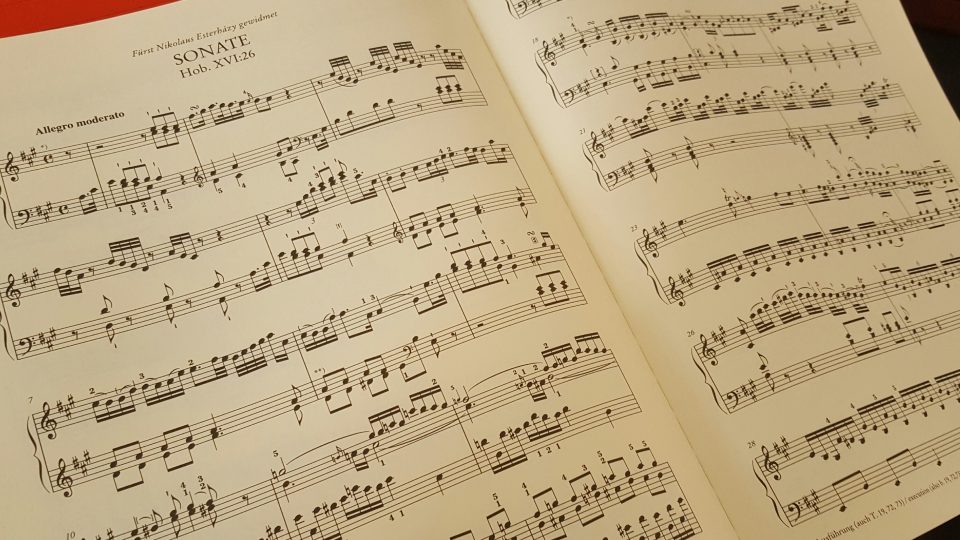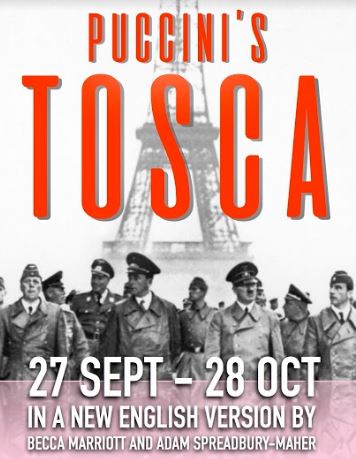-
How the music market changes
How the music market changes.
How the music market changes.
It is by everyone known that the music has changed. And not only that, the music market has too. This massive industry, moving millions and millions every year, is in a continuous changing. Let’s just imagine how this market should be in only 5 more years.
About all this, our last published article talks about. Dominik Brendan and its series of music industry explore how music is in a constant movement with no one knows which direction.
In Piano Recording Studio London know well this changes, that’s why we are completely focused on moving in tune with it.
Music Industry Market Article
-
Understanding the musical matter
Understanding the musical matter.
Understanding the musical matter.
Why is so important to understand the musical matter? Imagine driving a car without knowing nothing about it. Maybe, somehow you will come to your destination but chances for that are very small. The same goes for not understanding the musical matter. If you are not able to understand it if you do not analyse every part of a composition you would like to perform then chances for not achieving the idea and going in the wrong direction are very big. We shall always be aware of the fact that understanding the musical matter leads to perform a composition better, more accurately and professionally. To be able to do that, knowing musical terms such as sentence and form are imperative.
Juan Rezzuto, in his article posted on WKMT website, helps us in explaining it more. Piano Recording studio would like to share it with you all.
You can find everything at:
http://www.wkmt.co.uk/single-post/2017/11/28/Analysing-Classical-Sonatas—The-Sentence
-
The Piano Mixing Process
The Piano Mixing Process
The Piano Mixing Process
In part 5 of this series of piano recording articles, I will look at the mixing process of our piano recording sessions at our WKMT Studio.
Once we have completed editing process we then move on to mixing the tracks. We start by balancing the levels of the close microphones that were inside the piano and the ambient microphones that were placed in the room at a distance away from the piano. The blend of these two sets of microphones will give either a natural or more hyper-real sound depending on the balance. After an ideal balance has been established, we start to equalize the tracks. We start by removing any sub bass frequencies to clean up any rumble or excessive pedal thump, including removing more low frequencies from the ambient microphones as they pick up more noise in the room and can sound muddy. We then move onto to subtly removing any other harsh and muddy frequencies to make the piano sound more pleasant to the ear in addition to boosting specific frequency areas to make the piano sound either warm or bright depending on the stylistic intention.
After we have equalised the piano, we can choose to manage the dynamic range of the performance through volume automation or compression or sometimes both. This management of dynamics will depend on the performance, genre and style of the performer. Sometimes no change to the dynamic range is needed at all. Finally, if the sound is not considered large enough, or a special effect is required then reverb can be applied to artificially sound like the piano has been recorded in a different place, for example a concert hall or cathedral.
Once we have performed these takes for all the pieces recorded we then move on to the last stage which mastering and finalising the audio files.
To be continued.
-
Comfortable while recording piano
Comfortable while recording piano
Comfortable while recording piano
A recording session offers many challenges to performers but also gives them the chance of going back on their steps. The main difference between being a recording artist and a live one is on the very nature of the performance and the stress involved in it.
Anthony Elward -piano tutor at WKMT- has released an article describing the performance situation and the stress related to it.
http://www.piano-composer-teacher-london.co.uk/single-post/Brief-about-performance
We strongly recommend the reading of this article prior to your recording session.
-
Recording pieces for the first time ever
Recording pieces for the first time ever!
Recording pieces for the first time ever!
Piano Recording Studio London glad to announce the new series of concerts by WKMT of the new year 2018. Save the date: 27th January. When London City Quartet will be performing at the usual magnificent church ST. Cuthbert, in Earls Court.
In this occasion, it will be a premiere of three different pieces by new classical composers, plus Shostakovich n1; wonderful opportunity.
We are proud to be in charge of the recording of this great concert thanks to WKMT, St. Cuthbert’s church and London City Quartet.
Do not miss this great opportunity in London, and more like this every month with WKMT music studio. Check all the details and info of this concert on the link below. We hope to see you all there:
Classical concerts London by WKMT
-
Practising optimizes your recording session
Practising optimizes your recording session.
Practising optimizes your recording session.
In our new post, we share a recently published article on WKMT Blog. In the article, Mark Dowling, Junior Piano teacher at WKMT, writes about some advises and tips for practising. Taking into account that practice is the most important part of all pianists, musicians and artists in general. Although what more important is to know how to practice effectively.
At Piano Recording Studio London, we recommend this article for all those who want to perform their pieces when being recorded. In a recording, you should act and react as if you were performing, so practising will help you a lot before your recording session.
Read the full article here and we hope you enjoy it:
http://www.piano-composer-teacher-london.co.uk/single-post/Practice-makes-perfect
-
Two upcoming piano scholar recordings
Two upcoming piano scholar recordings.
Two upcoming piano scholar recordings.
This post is just to say Congratulations to Carolina Aguirre Anderson and Aleksandra Tonelli from Argentina for having been selected for this internship at WKMT London. The team at the London Piano Recording Studio is looking forward to starting arranging the recording sessions for these fabulous artists!
Read the full article here to get in touch with WKMT’s Scholars programme and its relevance.
http://www.piano-composer-teacher-london.co.uk/single-post/2017/11/16/WKMT-Piano-Scholars
-
The Piano Editing Process
The Piano Editing Process
The Piano Editing Process – The London Piano Recording Studio
In part 4 of this series of piano recording articles, I will look at the editing process of our piano recording sessions at our WKMT Piano Studio.
Once we have recorded the desired amount of takes of the pieces we move on to the editing process. Depending on the circumstances of the session the editing will either take place in the same session or in a separate one. If possible, it is recommended to do it in the same session, so that any mistakes that can’t be fixed with editing can be re-recorded.
Typically we start by listening through the takes that have been marked as good, and listen out for any mistakes. These could be timing issues, incorrect notes, incorrect pedalling and so on. If there are no mistakes and the performer is happy with their performance then we clean up the audio by removing any unwanted space at the beginning and end of the piece, and create fades to give a smooth start and finish to the piece. If there any mistakes in the take or if the feel is wrong in places, we make note of these places and listen to the same part in different takes to see if those mistakes aren’t present. If they aren’t, we cut the piece of audio that we want our out of that take and use it to replace the piece of audio in the original take. This process is called ‘comping’, where we slice together several different takes to create one seamless sounding performance.
Once we have performed these takes for all of the pieces recorded we then move on to the final stages which is mixing and mastering.
To be continued.
Thomas Rickerby (Sound engineer) at The London Piano Recording Studio
-
Haydn transitions
Haydn transitions.
Haydn transitions.
Haydn Sonata Transitions are the hardest sections to master both when composing or analysing music. They can be modulatory -the most common ones-, non-modulatory -unusual but possible too- or even mixed -the so-called two-part transitions-. The fact that they can be non-modulatory for example, can become confusing at the time of differentiating them from subordinate themes.
The harmonically unstable quality of transitions turns them into the most important element to guarantee the sophistication of the by tonal quality of the sonata exposition. The quality and smoothness of their harmonic progressions say a lot about the composer responsible for them and the way he organises the musical mater.
As piano students, you need to learn as much as possible about this compositional resources. The more you know about how a sonata is constructed, the better you will understand how to interpret them.
Piano Recording Studio London has had the pleasure to record Haydn sessions performed by Juan Rezzuto, one of the truly passionate about this style and its composer.
WKMT has committed to releasing a series of articles on how to analyse piano sonatas. You can check them at
http://www.wkmt.co.uk/single-post/2017/10/24/Haydn-Sonatas—Transition-in-general
-
One of our fabulous past singing secessionists
One of our fabulous past singing secessionists.
One of our fabulous past singing secessionists.
In this new post, we would like to announce a new performance opportunity given to Michael Georgiou. The English version of Puccini’s Tosca now on in London at King’s Head Theatre until 28th October this year.
Piano Recording Studio London supporting WKMT and its teachers on their performing opportunities.
Have a look at our article and get all the info about the opera:


